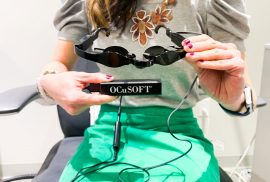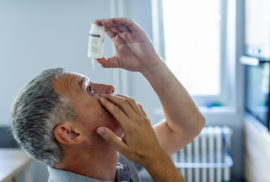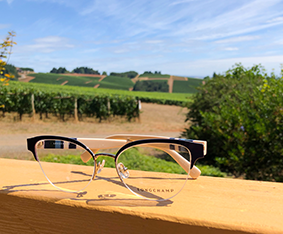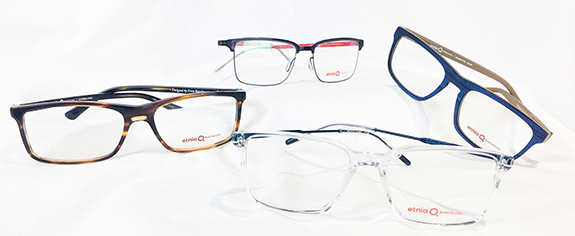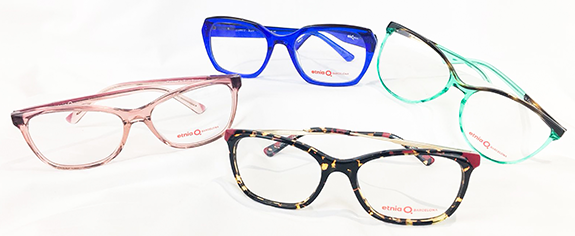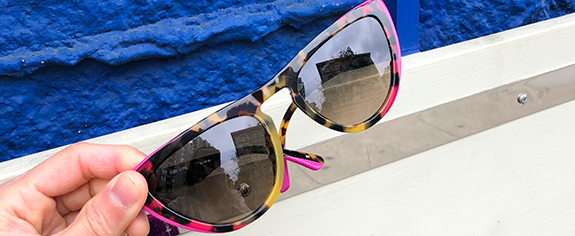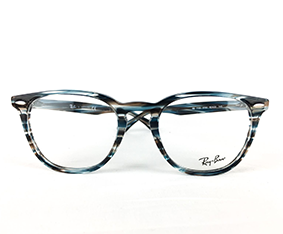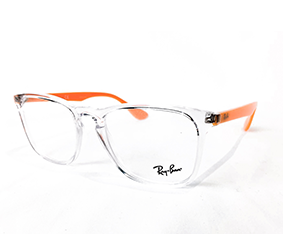10 Steps of a Comprehensive Eye Exam

A comprehensive eye exam goes beyond just checking your vision to determine if you need glasses or contacts. Most eye conditions present little or no symptoms, which makes regular exams crucial. The eye is a window into your entire health system, allowing your eye doctor to assess overall health, detect eye diseases, and ensure your vision is clear and comfortable.
Even if you feel your vision is fine, it’s important to schedule an eye exam once a year to monitor the health of your eyes.
Steps of a Comprehensive Eye Exam
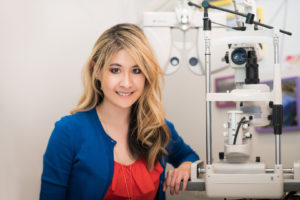 During a comprehensive eye exam, several tests and procedures are performed to thoroughly assess your vision and the health of your eyes. Below are the key steps involved:
During a comprehensive eye exam, several tests and procedures are performed to thoroughly assess your vision and the health of your eyes. Below are the key steps involved:
1. Visual Acuity Test
The exam usually begins with a visual acuity test, which checks how well you can see at 20 feet. This is the typical “eye chart” test that helps the doctor determine the clarity of your vision at a distance.
2. Pupillary Reaction Test
Next, your eye doctor will assess how your pupils react to light. The size and reaction of your pupils can provide insight into your neurological function and general eye health.
3. Eye Muscle Coordination Test
Your eye muscles are tested to see how well they work as a team. This involves following a light or object in different directions to assess your eye movements and coordination.
4. Visual Field Test
To check your peripheral vision, a visual field test is performed. This can be done through finger counting or using a visual field screener. Your peripheral vision is crucial for daily tasks such as driving.
5. Color Vision Test
A color vision test may be performed if requested, or if it’s needed for a DMV screening. This test determines how well you can distinguish different colors and can detect any issues with color perception.
6. Intraocular Pressure (IOP) Test
Your intraocular pressure is checked using a machine known as the NCT (Non-Contact Tonometer). This test is essential for detecting early signs of glaucoma, a serious condition that can lead to vision loss if untreated. Since IOP can fluctuate, eye doctors keep a record of all readings for future reference.
7. Auto-Refractor Test
An auto-refractor is used to measure the amount of near-sightedness, far-sightedness, and astigmatism. These numbers provide an objective measurement for your prescription and help determine the type of corrective lenses you may need.
8. Manifest Refraction (Subjective Refraction)
This is one of the most familiar parts of an eye exam, where you will be asked which lenses provide clearer vision. The doctor will show you different lens options and ask you to choose the clearest one. The results from this test are combined with the auto-refractor measurements to create your final prescription.
9. Phorias and Tropias Check (for Patients Under 18)
For children under 18, the doctor will check for phorias and tropias, which are slight misalignments of the eyes. This helps to detect any alignment issues when the eyes are at rest or while reading.
10. Eye Health Assessment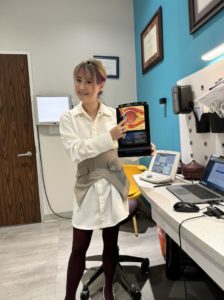
Lastly, your eye doctor will assess the health of your eyes by examining different structures, including:
- Eyelids
- Conjunctiva (the membrane covering the eye)
- Cornea
- Anterior chamber
- Lens
- Vitreous gel
- Retina
This assessment helps to diagnose conditions like dry eye, allergies, cataracts, glaucoma, macular degeneration, and diabetic retinopathy. Additionally, dilation or Optomap imaging may be performed to check for retinal holes, tears, or degeneration.
Why Routine Eye Exams Are Essential
A comprehensive eye exam not only checks your vision but also assesses the health of your visual system, eye muscles, and the blood vessels inside your eyes. Many eye diseases develop without noticeable symptoms, making regular check-ups important for early detection and prevention. Even if you believe your vision is fine, an annual eye exam is recommended to keep your eyes healthy and your vision sharp.
Choose Avant-Garde Optometry for your next comprehensive eye exam in Frisco, TX, and ensure your eyes are in top health. Contact us today to schedule your appointment!



